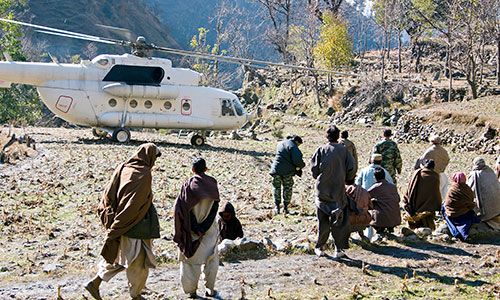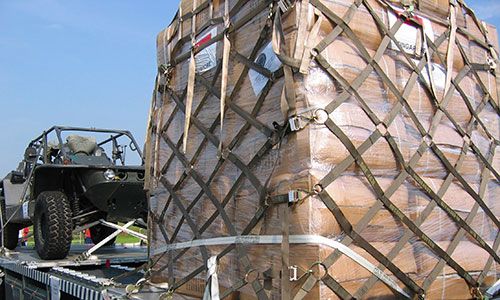
We help humanitarians to predict, prevent and respond to disasters
Communication is one of the principal challenges humanitarians and NGOs face as they establish peacekeeping missions, engage in disaster planning and response or set about re-building infrastructures and economies.
Motorola Solutions has partnered with a number of humanitarian organisations, working on the ground to understand their particular needs. Our solutions help humanitarians around the world to predict, prevent and respond to disasters more effectively.
Peace Keeping
Re-establishing the rule of law is a crucial stepping-stone towards justice, peace and economic sustainability in crisis-affected areas. Peacekeepers need the right tools, training and support to help them to protect communities.
FIND OUT MOREDisaster Response
When disaster strikes, information comes streaming in through a multitude of sources and can be overwhelming – particularly when time is of the essence. Find out more about how Motorola Solutions can empower your disaster response operations.
FIND OUT MOREDevelopment
Motorola Solutions has the expertise and experience to offer global systems integration, from planning & design to integration, implementation and ongoing management. Giving humanitarian organisations the assurance of continuous, fail-safe operations.
FIND OUT MORE

